Data Story: Comparable data on Persons with disability in Eastern Equatoria State
By Oriba Douglas
According to a national census conducted in 2008, prior to South Sudan’s independence in 2011, people with disabilities accounted for 5.1 per cent of the population, though the census is controversial and the number of disabled people is thought to be underestimated.
According to a 2016 household survey conducted by the Food Security and Livelihood Cluster in South Sudan, approximately 15% of households have at least one disabled family member.
According to the Food Security and Nutrition Monitoring Systems, South Sudan National Bureau of Statistics, OCHA, IPC Technical Working Group, Population Working Group, IOM, and UNHCR – South Sudan Population Estimates 2022, the number of people living with disabilities in South Sudan’s Eastern Equatoria State is projected to be as shown in the visual below:
The above visualization is a small step in realising objective (3) of the WHO Global Disability Action Plan within South Sudan which is; to strengthen the collection of relevant and internationally comparable data on disability and support research on disability and related services.
Persons with Disabilities (PWDs) are defined by the United Nations Convention on the Rights of Persons with Disabilities as those who have long-term physical, mental, intellectual, or sensory impairments that, when combined with other barriers, prevent them from participating fully and effectively in society on an equal basis with others. Persons with disabilities are defined as “those who have long-term physical, mental, intellectual, or sensory impairments that, when combined with other barriers, may prevent them from participating fully and effectively in society on an equal basis with others.”
Decades of conflict in South Sudan, both before and after independence in 2011, have increased the rate of disability and rendered people with disabilities more marginalised and excluded, owing to the numerous attitudinal, environmental, and institutional barriers they face, as well as a lack of concerted efforts to include them.
The World Health Organization has published the Global Disability Action Plan. This document aims to assist countries in directing their efforts toward specific actions to address the health concerns of people with disabilities. Three major goals were identified in the Action Plan:
- to remove barriers and improve access to health services and programmes;
- to strengthen and extend rehabilitation, habilitation, assistive technology, assistance and support services, and community-based rehabilitation;
- to strengthen the collection of relevant and internationally comparable data on disability and support research on disability and related services.
For the World Health Organization Global Disability Action Plan to be achieved in South Sudan, official statistics on people living with disabilities need to be recorded. This is because despite decades of conflict and its impact on poverty and services, leaving many South
Sudanese with different types of disabilities, there are no official statistics in relation to disability
Prevalence in the country.
About the Authors:
Oriba Douglas, a Data Speaks Fellow at #defyhatenow South Sudan, wrote this data story, which was edited by 211 Check Editor Emmanuel Bida Thomas and approved for publication by Steve Topua, a Data Analyst and Trainer. It’s part of the ongoing #defyhatenow South Sudan Data Speaks Fellowship program with funding from the European Union Delegation to South Sudan.
About South Sudan Data Speaks Fellowship:
This is a three months data journalism fellowship for South Sudanese content creators with an aim of educating participants on the fundamentals of data journalism through in-depth training facilitated by experienced data analysts.
The fellows have been selected from across South Sudan and they are trained in data sourcing/mining, data analysis, and data visualisation for three months (October to December)
Each fellow will produce a minimum of three (03) data stories during the fellowship. The focus will be on increasing access to information

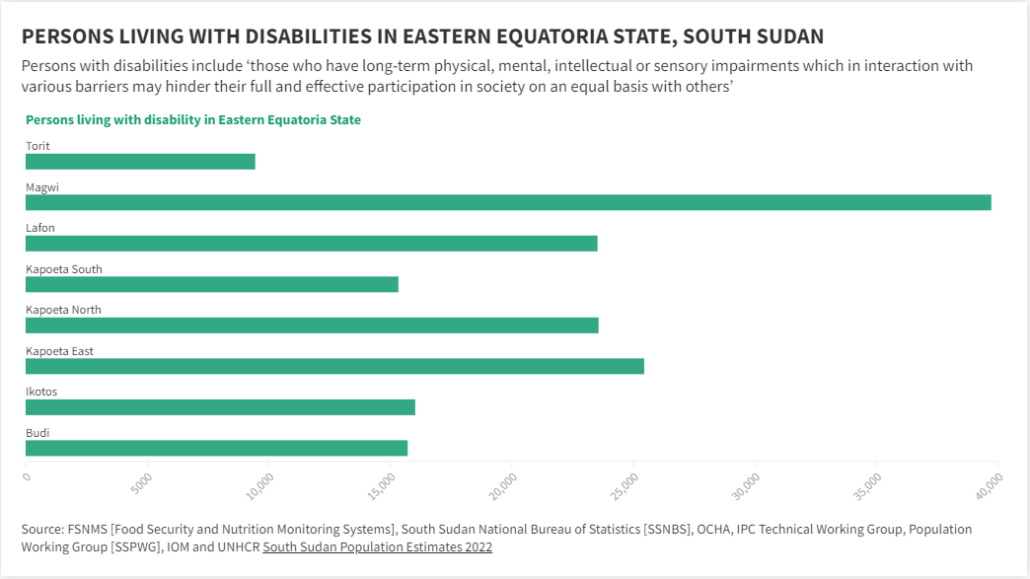
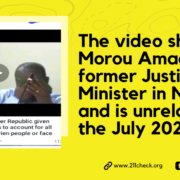

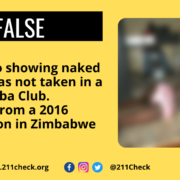
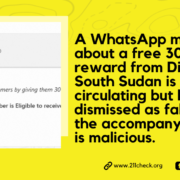
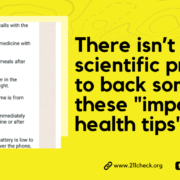
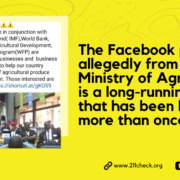



Leave a Reply
Want to join the discussion?Feel free to contribute!